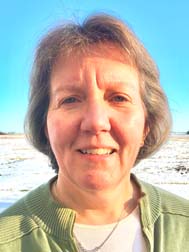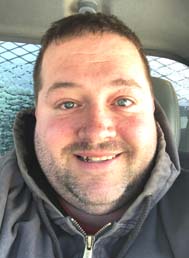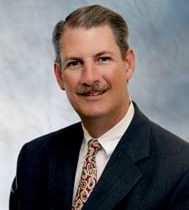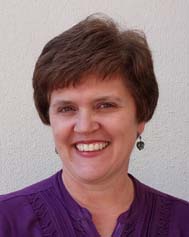
mission & ministry board
karen shively neff
You are a candidate for membership in a critical leadership group within the Church of the Brethren. What do you believe are the most significant leadership needs within the denomination over the next five years?
We need to figure out a way to meet the needs of the younger generations, millennials and Gen Y, all these different people come to the table and want to serve Jesus, but they might want to do it in different ways from their parents or their grandparents and so our church has to be open to, how do we meet the needs of not only our congregations, but the individual people who want to serve Christ. And encouraging them to be part of the body of Christ but still be able to serve the way they want to serve.
We’re struggling in our nation navigating being part of politics and I think politics enter into congregations. How do we continue to love our neighbors, and each other, in case we don’t agree politically?
We need to meet the critical injustices in the world; it’s super important that we don’t put our heads in the sand, but be willing to be out there. One thing I really love is that, when a crisis happens on a world stage, the Church of the Brethren puts out a statement. I really appreciate that, because somebody is thinking and eloquently writing a statement for our church even though we know not everybody in our congregation feels the same way. There are so many things happening in the world, so much injustice and we’re called to meet those issues.
I think there’s a crisis in ministry right now: finding ministers to serve churches. Bethany’s last graduating class had so many people in it but not a single one was planning on going into congregational ministry. We need to figure out how to tap people and how to support them bivocationally. I’m a bivocational minister myself. knowing that my church can’t afford a full-time pastor, but still needs somebody to lead them–a lot of churches are struggling like that right now, having to call people out in ministry and figuring out how to, to meet their needs. I went through the TRIM program which was great, because I could do it while I was working and raising a family. I like the way Bethany has branched out into different ways that people can get their education and their training to serve. And it’s great that there are so many ways you can use a Bethany degree! We still need people to be in ministry.
Continuing to know ways to serve; we do such a great job of disaster response, BVS, outdoor ministries, all these ways that people can serve. Individual congregations are highlighted that are doing all these cool things! I think we need to continue to say that service is a huge part of who we are as a church.
The financial challenges that come with coming out of a pandemic, and dwindling congregations, and those politics that get in the way of people wanting to give their money to a church (they say “hey, they’re not serving my needs.”) How do we encourage giving, tithing and best using our resources, and not having to lay people off. I think the pandemic has compounded that a bit, but it’s good to hear of people giving gifts, like to Brethren Press, to help them be able to function during a pandemic. People give amazing amounts of money when they feel passionate about something, like when Nigeria was struggling with Boko Haram, people gave amazing amounts of money. I think we just have to inspire people with our programs and encourage them to know that we are going to be good stewards of their money.
How do the statements and actions of MMB respond to these needs?
I’m going to find out more, but I always imagined the Mission and Ministry Board being like the leadership team of a congregation, meeting to make the decisions. MMB has a lot to do with a lot of those things because they can move the congregations in a direction by voting on something or putting a program out there, or highlighting something that they really feel is important for the denomination. I see MMB as driving the denomination – the steering wheel, maybe, and obviously there’s going to be people putting on the brakes, there’s going to be people changing your rear view mirror…MMB could be the GPS telling us where we’re going, saying “you know you can give us your opinion about that and we’ll listen.”
What resources do you bring to this work?
I come from an interesting position because I grew up in the heartland but I live on the fringes. Atlantic Southeast, you gotta admit it’s on the fringes. And we’re a small district, we’re a very multicultural district, and we can kind of get lost way down here in Florida. I haven’t been to Annual Conference in a few years so I feel like I’ve kind of stepped back. I used to be super involved with lots of different things and I was on the district board and so forth and so I was always aware of things going on in the district and in the denomination, but for the last couple of years (and maybe that’s due to the pandemic as well) I feel a little bit more isolated.
I’m coming with a fresh perspective to the group, with a willing ear, and with my opinions. I’m not somebody who’s very demanding in my opinions, but I’m willing to share when somebody asks. I grew up in the Church of the Brethren and it’s been near and dear to my heart! So I come with that sense of wanting to pray for the best, to have the best path for our denomination and wanting to fight for unity and for understanding and for openness.
And I come with a resource of willingness to serve. When somebody asks me to do something, I focus on it so – I just want to do the job that I’ve been asked to do. I’m willing to learn. I have experience: being district moderator. Being on a leadership team in the district.
What additional resources/support are needed for you and/or MMB to serve the denomination in fulfilling its mission?
Physical things like finances. When it comes to people, you can’t make them do something or see from a different perspective. You can only hope that they can put themselves in somebody else’s shoes, or or agree to disagree but not to break the relationship. So the resources that I need would be understanding from others, and the willingness to to work for the good of the Kingdom. If I’m elected I’ll know a lot more about the resources we need!
Tell us about a context in which you are/were a minority (longer than a weeklong workcamp).
This is my 30th year in the Orange County Public School System and I work in an inner city school with almost 100% minority children and staff. In the last seven years I’ve been coaching in childcare centers through the school system and all the childcare centers are in the inner city district that’s very poor, with high crime and drug use and I work with the poorest of the childcare centers to help them improve their teaching, so that their children can enter the school system ready to learn.
Our church here in Florida is multicultural, too. We do have white churches, we have Hispanic churches and we have Haitian churches, and we come together for camp and I live at camp so I get to see it. We just started junior high camp, and I would say that we have a majority of minorities–that minorities are the majority of our campers at camp. Our staff here at Camp is mostly minorities. My whole working career, pretty much, I’ve been working with minorities. Our little congregation is the mother church for Nuevo Comienzo, a new Hispanic church start about an hour from here.
Your training in facilitating teamwork and your work in early childhood education may equip you with creative and empowering strategies for MMB – whether you’re meeting on zoom or in person. What are some of your favorite ways to facilitate teamwork and/or classes to both accomplish goals and grow in compassion?
The last four or five years the camp staff have a orientation and they asked me to do the team-building activities with the camp staff so I just come up with interesting activities that require them to work together and unpack how they feel after doing the activity, and how does that work with your campers and, how do you build that camp family while you’re dealing with a lot of different personalities?
I do Communities of Practice with the teachers that I coach. During the pandemic, we had to do those digitally so I would offer weekly times that they can come on, and I would ask questions and we would get to know each other. To get them to work together and to try to help them learn–not just me telling them, but get them to learn some things on their own. In the classroom you have to get the whole class to work as a team. Creative ways of doing that require us to understand that people come with all different backgrounds and different abilities to handle situations. Little children, for example, their executive state hasn’t developed fully, and so they have trouble with problem-solving and they have trouble with seeing from a different perspective and I’m with four-year-old, mostly and younger. And so they’re egocentric and have so many ways that they need to learn social and emotional things. But there are adults that grow into adults without learning them!
Sometimes you have to look at a person dealing with something, you can say “oh I see that he’s struggling with this issue because he doesn’t have that in his executive state wheelhouse.” And knowing myself–you have to know yourself whether it’s “I’m not very good at being organized” or “if somebody pushes my buttons, this is how I act, and I have to bring myself back into control.” So understanding your own executive state and then recognizing issues in other people would be something that would be helpful as part of the team.
When I was on the district board here in Florida we went through one of those inventory things where you answer all these questions and they figure out what kind of person you are, if you’re an introvert or an extrovert and all that. So we did this inventory. And Del Keeney did the “thinking hats” with a pastoral cohort group that I was part of. The Church of the Brethren camp pastoral cohort – the thinking hats helps you get to know yourself, to think about how other people behave and act. It helps you, hopefully, be a good team player, and someone who can take deep breaths.
In my classroom: here’s one thing I know about little kids and being and helping them with their behavior is: whatever you focus on is what you’re going to get. If you focus on their behavior, you’re going to get more bad behavior; if you focus on good behavior you get good behavior. So in my class we tried to focus on the good. Number one, children make sure they welcome people and have a family feeling. And then when you’re kind to someone we would recognize that, and you can recognize in many different ways. We had little bluebirds that when you did something kind, a bluebird went into your nest, and then you can see how many kindnesses you did in a day or a week. So they would come to me and say, “I pushed so-and-so on the swing!” because they wanted to share the kind things that they had done to be recognized for their kindness. I had to teach them some things that they could do to be kind, but also noticing when they were and they didn’t even know they were being kind! “You held the door for Jacob” or “You picked Kara up when she fell down and you asked her if she was okay instead of laughing at her.” Noticing people, noticing their behaviors and adults need to be noticed, too. Noticing when someone does hard work, and appreciating them fully–you don’t have to do it in front of the whole crowd but just going to someone and saying “I really appreciate the comment that you made” or “I really appreciate the hard work you put into that.”
That is important – for all of us to celebrate what is going well in leadership: MMB, staff, other leaders – and not just complain. And it’s important for leaders like MMB to look for good news throughout the church. We are living in so much tension that many leaders focus on the problems and give their energy to the squeaky wheels. You’re right: what we focus on grows. And if that’s conflict and threatening to leave, by paying a lot of attention to that we’re teaching the church that it works.
Some people like to use their money as leverage. We’ve had that happen in our district, we wanted to have a youth pastor for the district, and if they didn’t do it the way that someone wanted, they weren’t going to give any money to the project. So that happens–people use that kind of leverage. Sometimes people surprise me with their behavior, but then sometimes I’m sure people are surprised by my behavior. So fair enough. I can’t point any fingers because there’s always some pointing back at me.



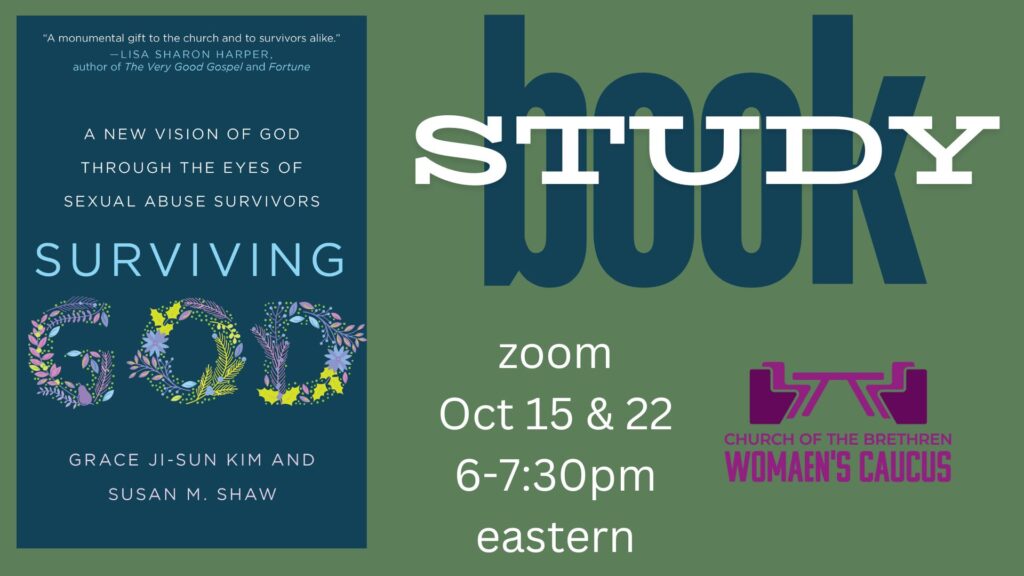
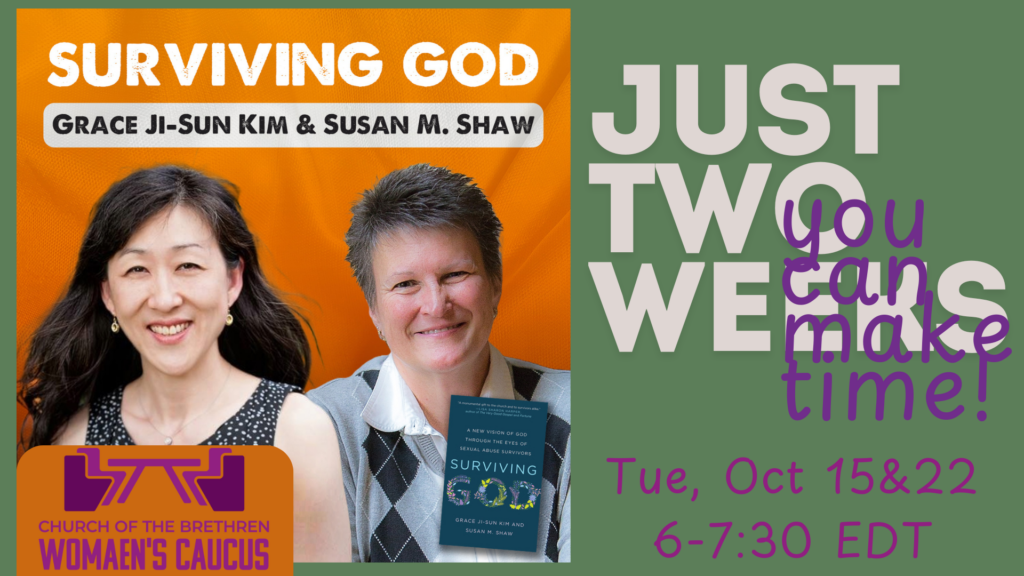
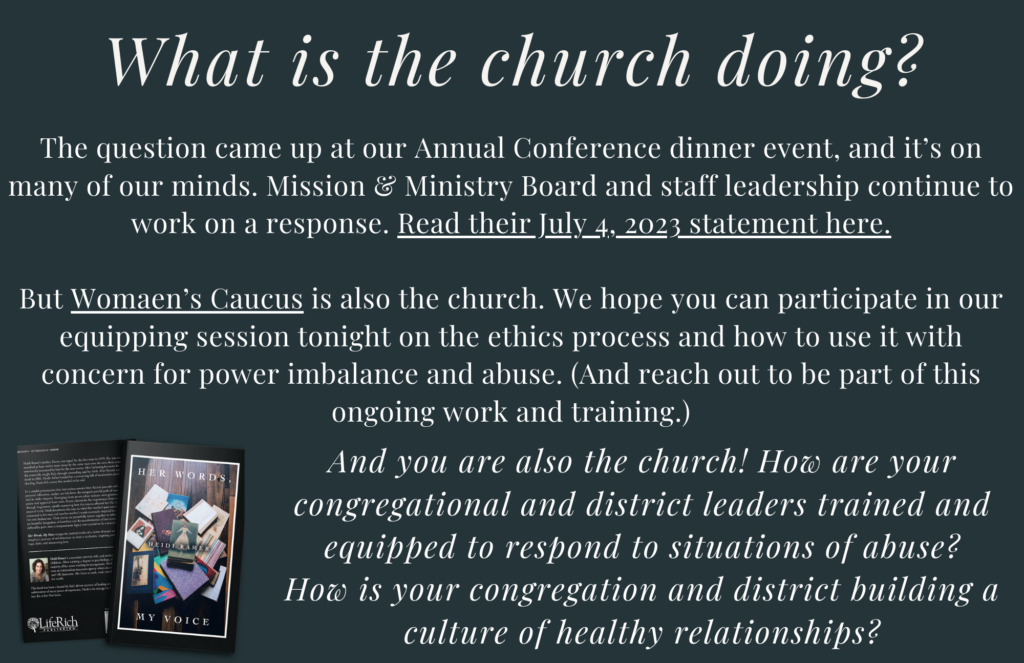
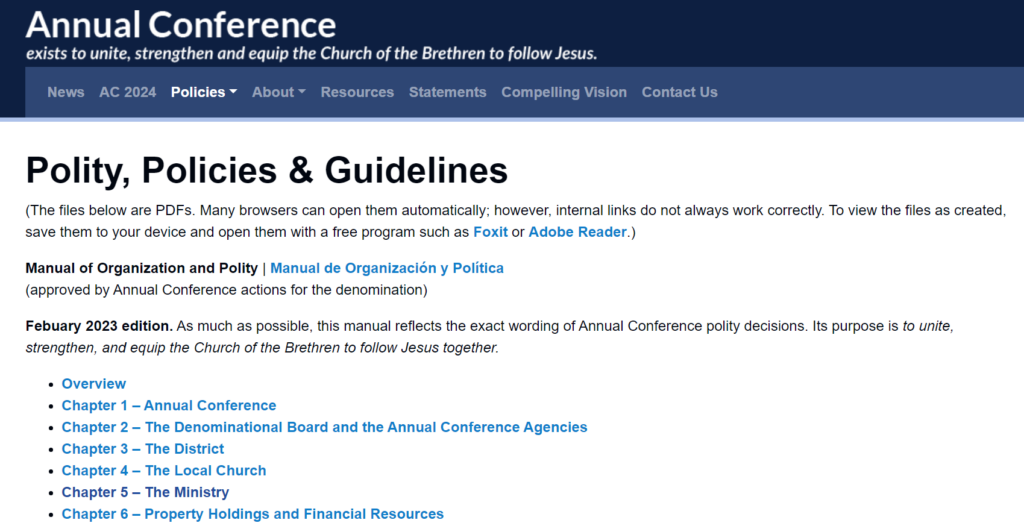
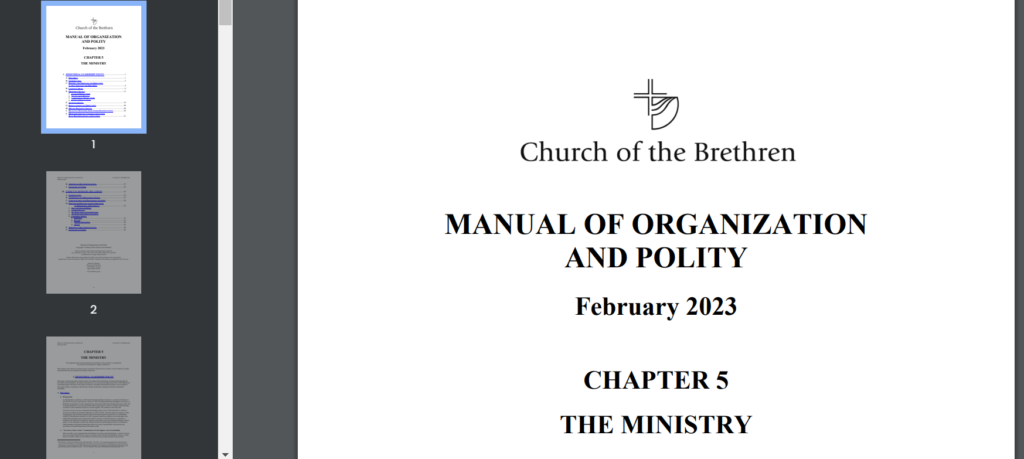
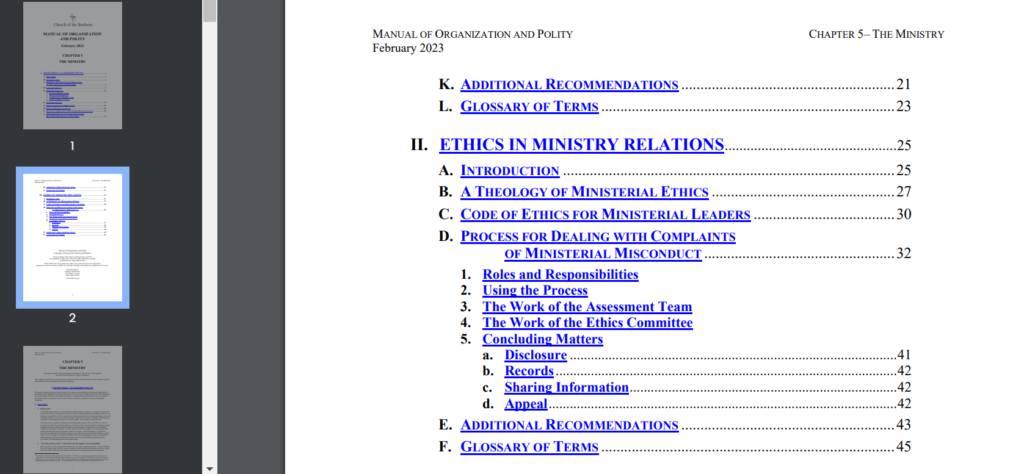

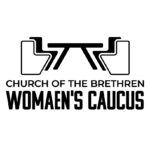
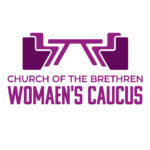
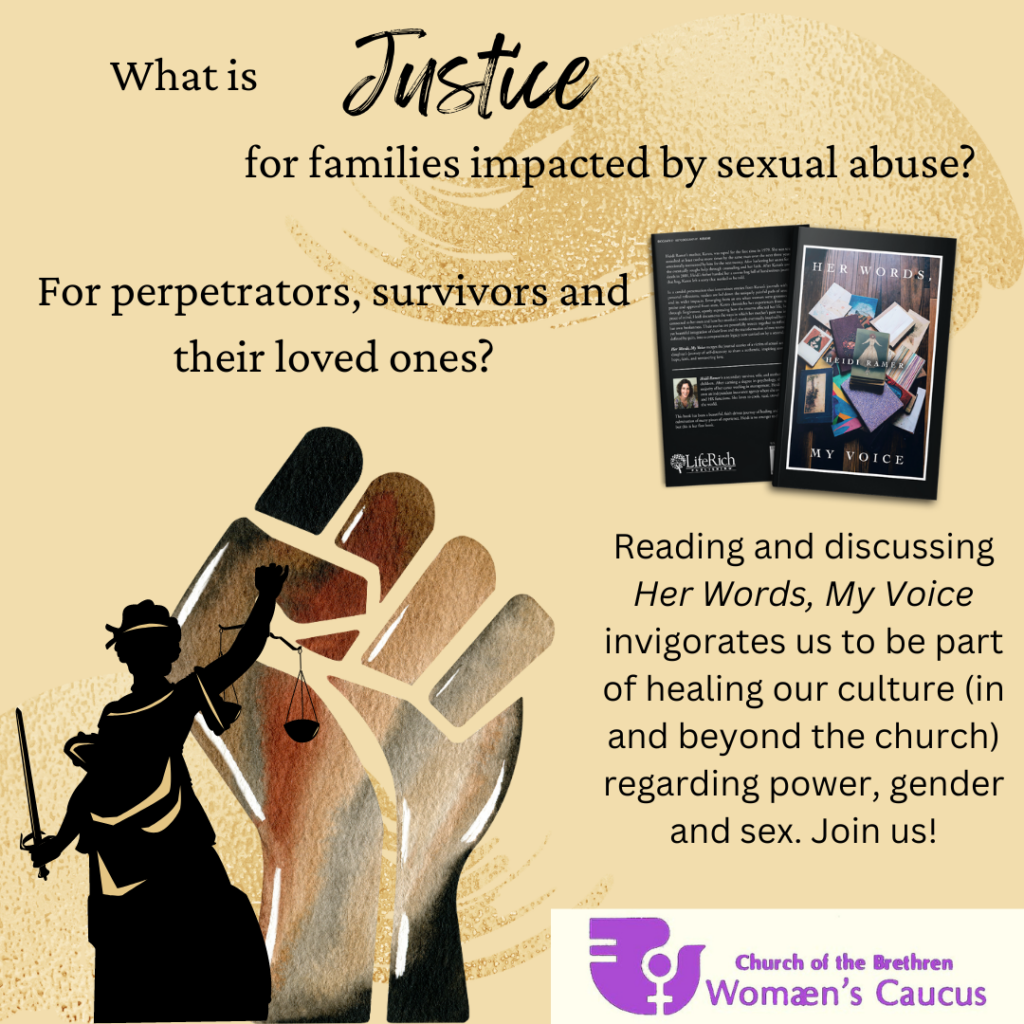





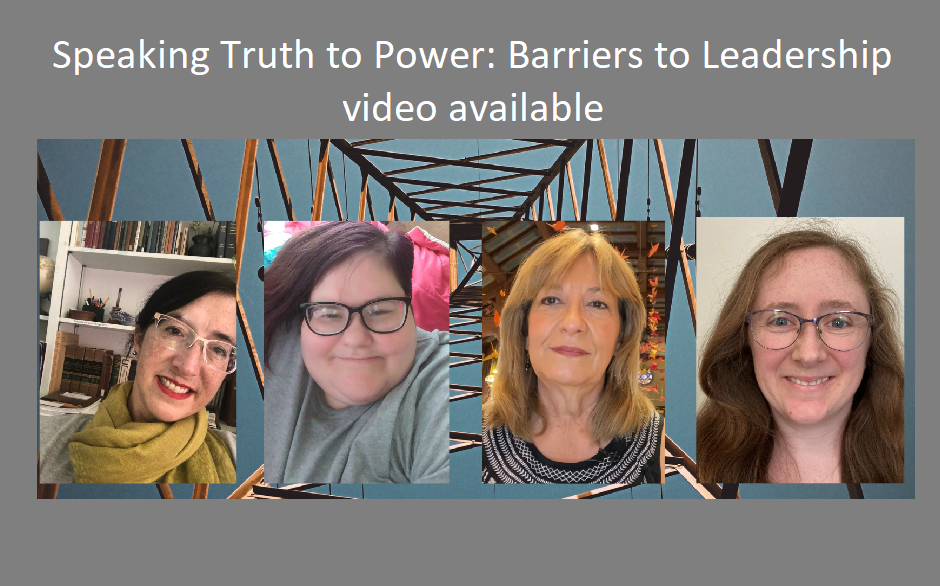

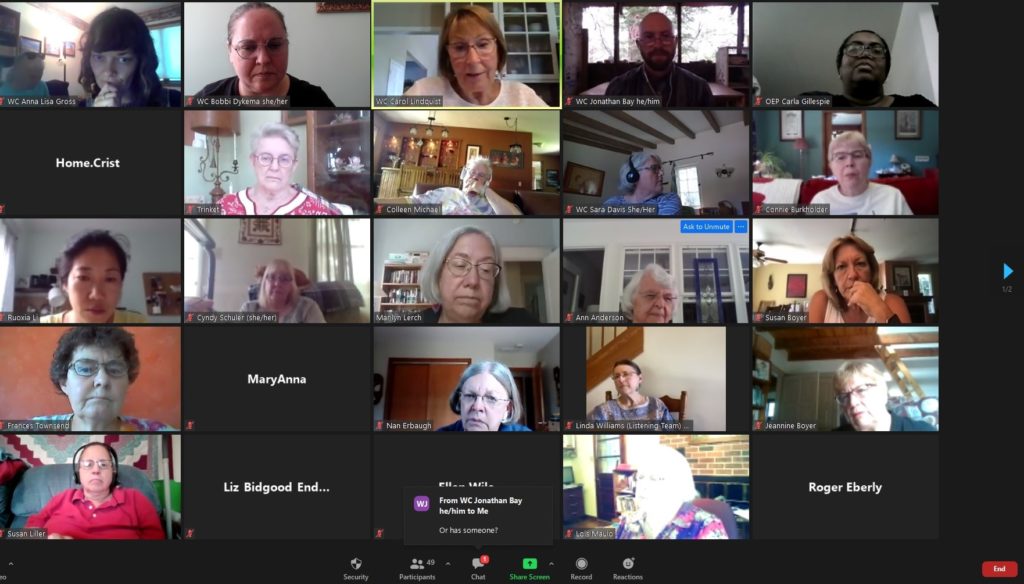
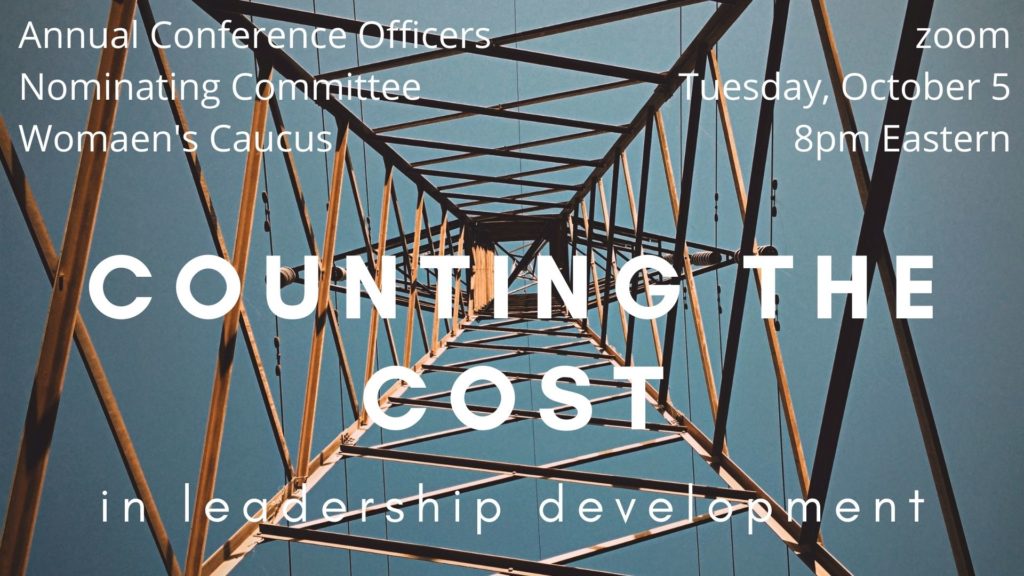
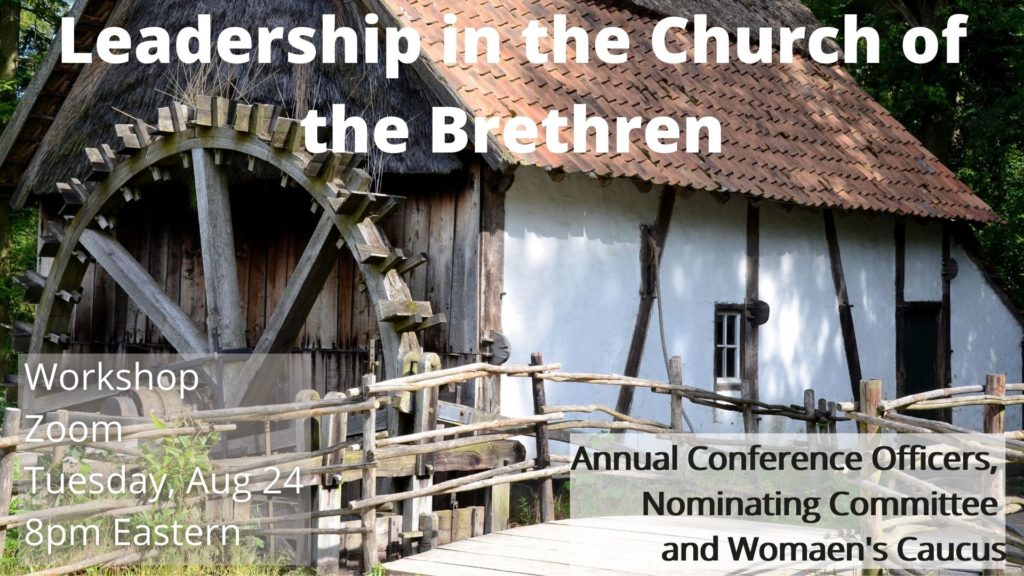
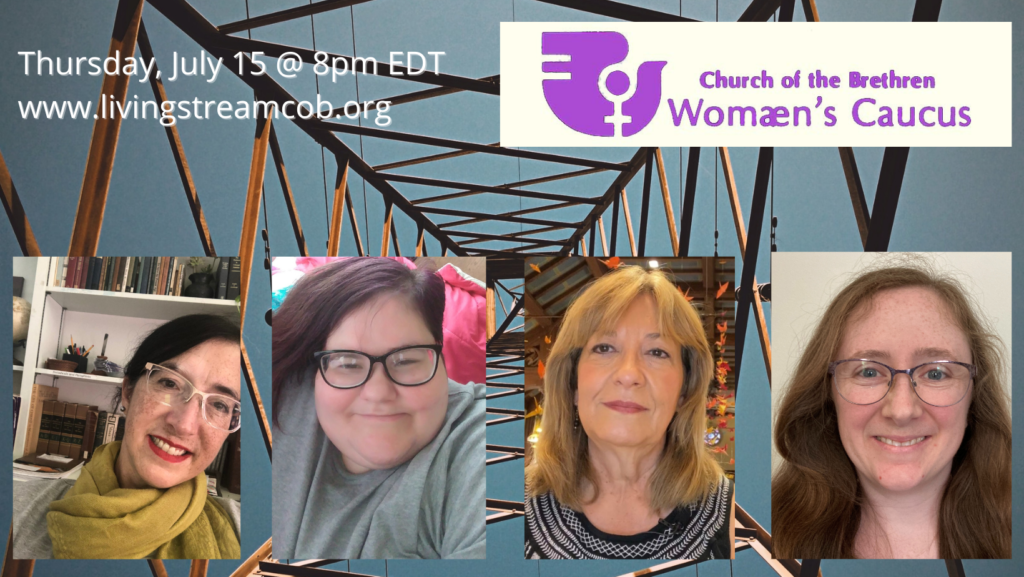
 June 19, 2021
June 19, 2021